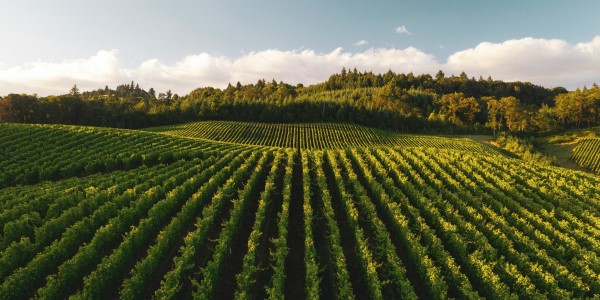Did you know that there are complete ranches for sale in Colorado? Farms and ranches in Colorado are integral to the state’s rich agricultural heritage. They offer a blend of scenic beauty and practical utility. Colorado’s diverse landscapes provide ideal environments for various types of farming and ranching operations. These properties often encompass large tracts of land that support cattle, sheep, horses, and other livestock. The state is known for its beef production, hay cultivation, and equestrian activities. This makes it a prime location for both commercial and hobby farms. The charm of rural Colorado attracts many who are passionate about farming and ranching. Also, if you are looking for a horse property for sale in Colorado, contact Colorado Horse Property today and speak with one of our horse-person realtors.
Ranches for Sale in Colorado
Zoning regulations for farms and ranches in Colorado are designed to keep a balance. This is between the needs of agricultural operations with environmental stewardship and community development. However, these regulations vary by county and municipality. Generally, they fall into categories such as agricultural zoning (A), rural residential (RR), and agricultural-residential (AR). Agricultural zoning typically allows for extensive livestock operations, crop production, and ancillary activities like barns and equipment storage. Rural residential zoning may permit smaller-scale farming and limited livestock, while agricultural-residential zones blend farming activities with residential use. Understanding these zoning classifications is crucial for anyone looking to buy or develop a farm or ranch in Colorado, as they dictate what activities and structures are permissible on the property.
For horse owners, Colorado’s zoning regulations offer specific provisions that cater to equestrian needs. Many agricultural zones allow for the keeping of horses, riding arenas, and equine facilities. Additionally, some areas have specific equestrian zoning overlays or special use permits that support the establishment of commercial stables, riding schools, and boarding facilities. Also these regulations ensure that horse owners can maintain their animals in a manner that promotes both animal welfare and environmental health. Therefore, prospective buyers should consult local zoning ordinances and work with real estate professionals knowledgeable about equine properties to ensure their property meets all requirements and supports their equestrian lifestyle.

